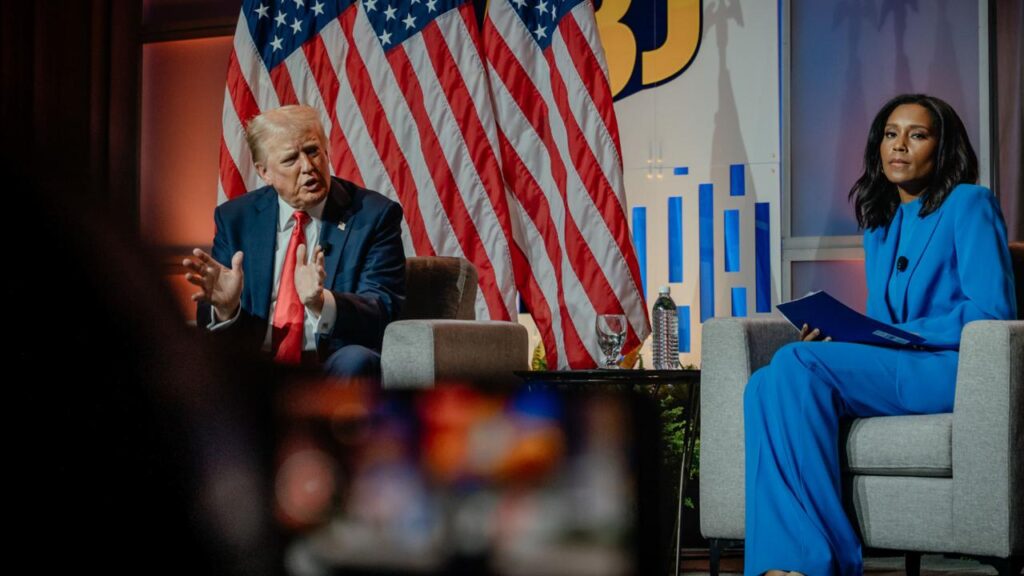In a recent controversial decision, President Trump’s new defense pick has reignited the age-old debate over whether women should serve in combat roles. This divisive issue has sparked heated arguments on both sides, with supporters advocating for gender equality in the military and detractors citing concerns over physical fitness and combat effectiveness. As the nation grapples with the question of gender equality in the armed forces, the discussion surrounding women in combat continues to evolve and polarize.
– Historical perspectives on women in combat roles
Despite progress in recent years, the debate over whether women should serve in combat roles continues to be a contentious issue. With President Trump’s recent defense pick reigniting the conversation, historical perspectives on women in combat roles offer valuable insights into the ongoing discussion.
Throughout history, women have played critical roles in battles and wars, often going unrecognized for their contributions. From Joan of Arc leading the French army in the 15th century to the Soviet Union’s female snipers in World War II, women have proven their capabilities on the battlefield. Despite these examples, the question of whether women should officially serve in combat roles remains a topic of heated debate, with arguments on both sides.
– Arguments for and against the inclusion of women in combat
One argument in favor of the inclusion of women in combat is the belief that they should have the same opportunities as men to serve their country in all capacities. Proponents argue that women are just as capable and qualified as men to handle the physical and emotional demands of combat roles. Additionally, having women in combat units can bring diversity of perspective and skills, which can lead to more effective and successful missions.
On the other hand, opponents of women serving in combat raise concerns about the potential impact on unit cohesion and morale. They argue that the presence of women in combat units could lead to distractions and complications that could jeopardize the effectiveness and safety of the group as a whole. Additionally, there are concerns about the physical differences between men and women that could put female soldiers at a disadvantage in certain combat situations.
– Addressing gender disparities in combat roles
With the recent nomination of Mark Esper as the new Secretary of Defense, the debate surrounding women serving in combat roles has been reignited. While some argue that women should have the opportunity to serve in any role they are qualified for, others believe that combat roles are too physically demanding for women.
However, it is important to note that several countries around the world already allow women to serve in combat roles, with successful outcomes. By addressing gender disparities in combat roles, we can create a more inclusive and diverse military force. It is crucial to focus on individual qualifications and capabilities rather than gender stereotypes when determining who is fit for combat positions. Ultimately, the decision to allow women to serve in combat roles should be based on merit and ability, not outdated notions of gender roles.
– The future of women in the military
President Trump’s recent nomination of an outspoken advocate for women serving in combat to lead the Defense Department has reignited the debate over the future of women in the military. Mark Esper, Trump’s pick for Secretary of Defense, has publicly supported the inclusion of women in combat roles, challenging traditional gender norms within the military.
Some key points in the ongoing debate include:
- The physical and mental capabilities of women in combat situations.
- The potential impact on unit cohesion and effectiveness.
- The importance of diversity and representation within the armed forces.
- The need for equal opportunities for women to serve their country.
Key Takeaways
the debate over whether women should serve in combat roles continues to be a contentious issue. The appointment of Trump’s defense pick has reignited discussions on both sides of the argument. While some believe that women are just as capable as men in combat, others argue that the physical demands and potential risks are too great. Ultimately, it is important to consider all perspectives and continue to strive for equality and fairness in the armed forces. The conversation around this topic is ongoing, and it is clear that there is no easy answer. Only time will tell how the role of women in combat evolves in the future.


